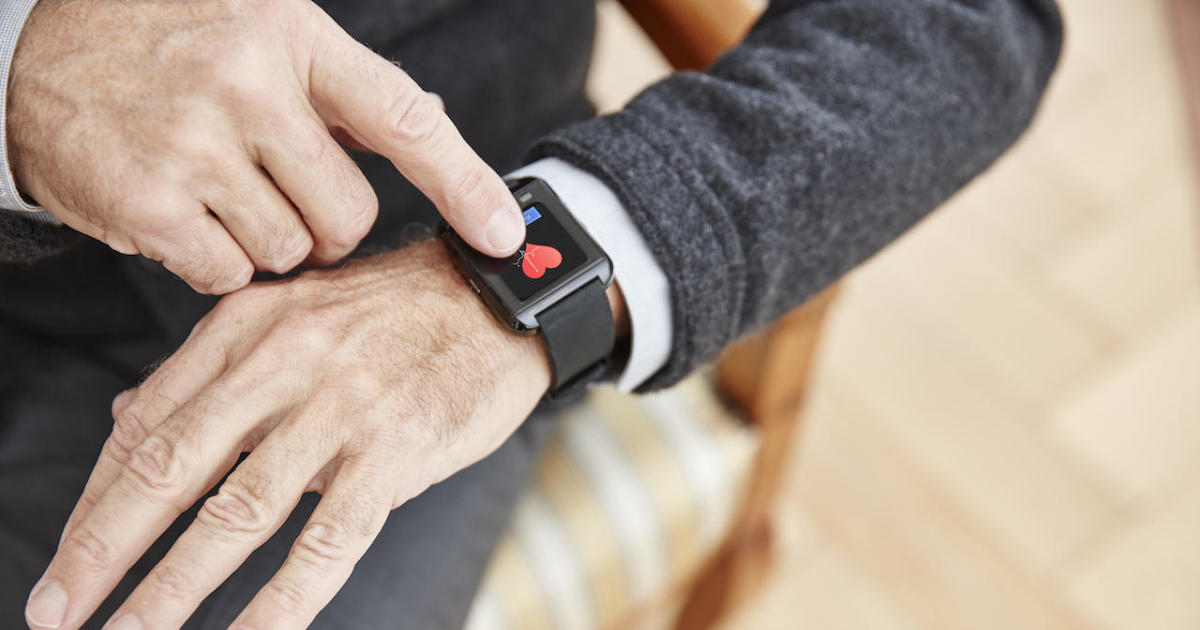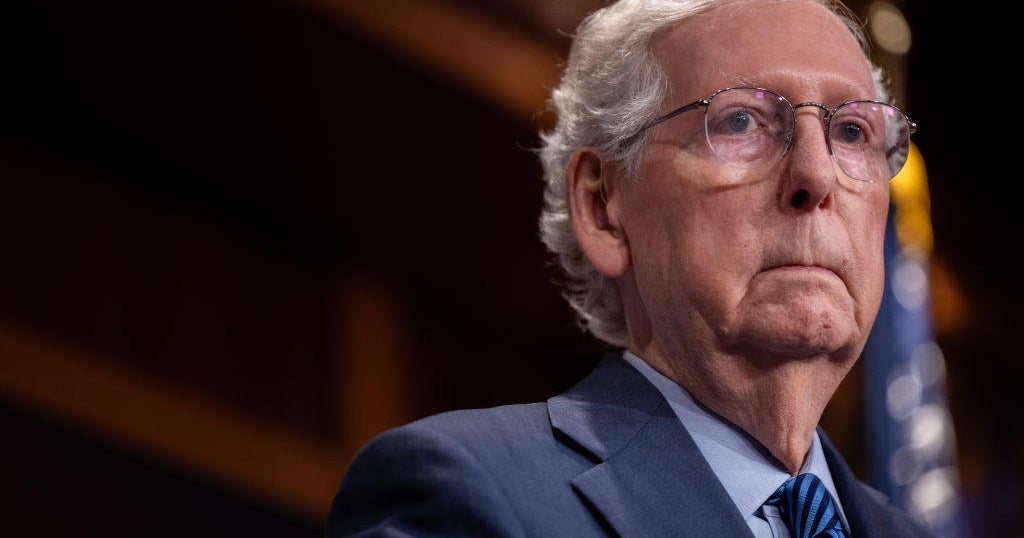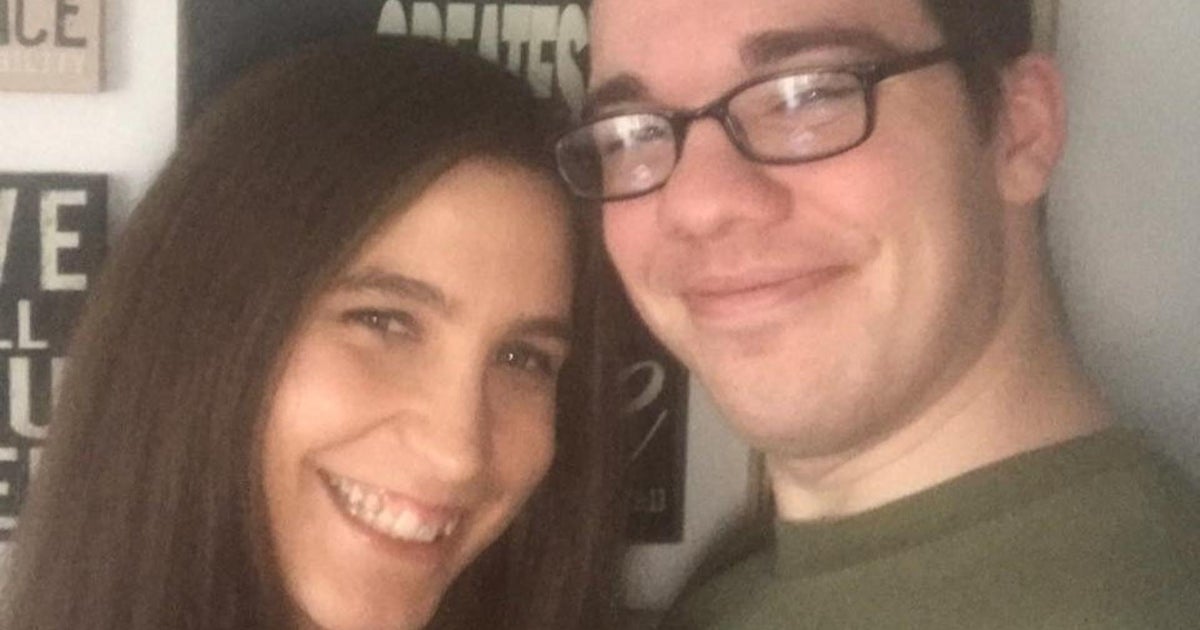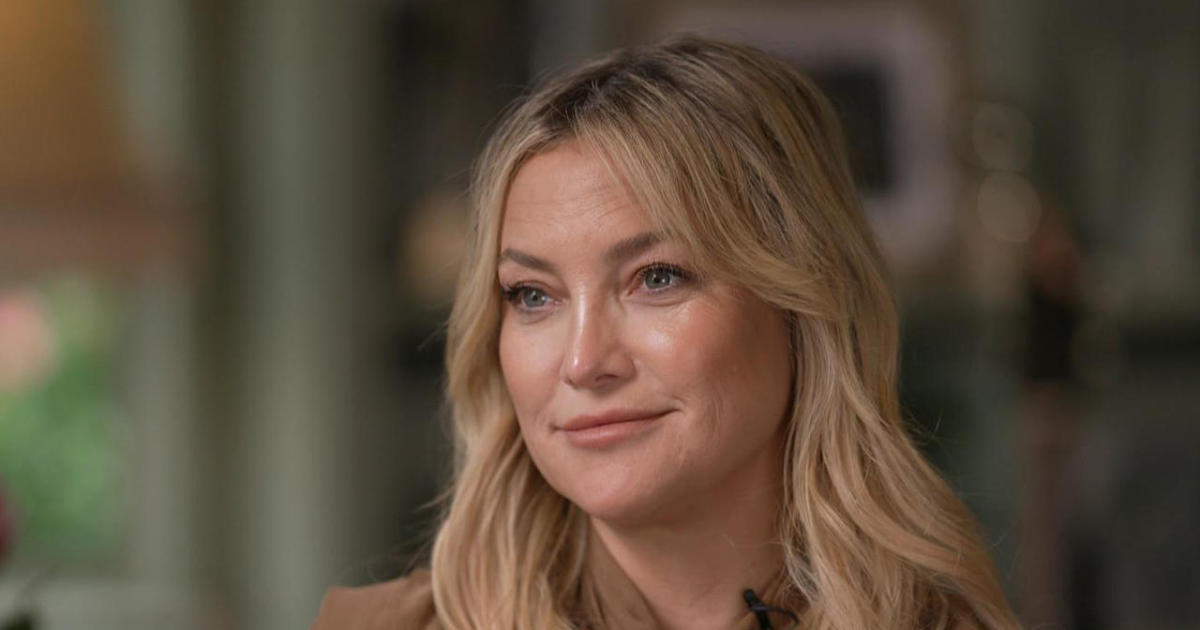Health insurance can make a life or death difference, study says
In the midst of the complex, politically-charged health care debate unfolding in Washington, medical researchers say the science is clear: being uninsured increases one's risk of dying.
That's the headline out of a new big-picture analysis of existing research that explores the relationship between insurance coverage and mortality.
"Losing insurance is lethal and gaining insurance reduces the death rate. That is completely consistent numerically across the different studies," Dr. Steffie Woolhandler, a professor at the School of Urban Public Health at Hunter College and co-author of the literature review, told CBS News. "The politicians in Washington need to deal with that as a fact and not pretend there's disagreement on this issue. There's not disagreement on this issue if you examine the science."
The analysis, published Monday in the journal Annals of Internal Medicine, provides an update to a 2002 review of 130 studies on the subject, incorporating additional studies completed since that time. Both then and now, the research shows that people who are uninsured generally have "poorer health and shortened lives."
"The thing that's most surprising is how consistent the literature is. There's really not much disagreement in the scientific literature," Woolhandler said.
Co-author Dr. David Himmelstein said the reason is simple: "People get to see the doctor or nurse practitioner... and get their health problems taken care of." For example, "If you don't have health insurance you're unlikely to get treatment for your diabetes or your depression."
How big a difference does having health insurance coverage make?
The studies covered in Woolhandler and Himmelstein's paper "all suggest roughly the same thing -- that insurance has a modest, but real, effect on all-cause mortality. Something to the tune of a 20 percent relative reduction in death compared to being uninsured," F. Perry Wilson, M.D., wrote in an analysis for MedPage Today.
In addition to lower overall death rates, the study also cites "other well-established benefits of health insurance: improved self-rated health, financial protection, and reduced likelihood of depression."
Both authors of the study are affiliated with Physicians for a National Health Program, an organization that advocates for a single-payer health care system covering all Americans.
About 28.4 million Americans are uninsured, according to the latest government figures.
If the Senate Republican bill to replace the Affordable Care Act passes, 22 million more people will find themselves without insurance in the next decade, according to an analysis released Monday by the nonpartisan Congressional Budget Office. The bill specifically affects funding for Medicaid, the federal-state health insurance program for low-income Americans.
The latest research directly contradicts a recent claim by Rep. Raúl Labrador, a Republican from Idaho, who said at a town hall last month: "Nobody dies because they don't have access to health care."
Video of Labrador's comments went viral, and the congressman later tried to clarify on Facebook: "I was trying to explain that all hospitals are required by law to treat patients in need of emergency care regardless of their ability to pay and that the Republican plan does not change that," he posted.
Last week, Sen. Orrin Hatch, R-Utah, pushed back forcefully against Sen. Bernie Sanders' assertion that "thousands of people will die if the Republican health care bill becomes law," retorting: "The brief time when we were *not* accusing those we disagree with of murder was nice while it lasted."
People without insurance often go without preventative services, from pap smears to mammograms to blood pressure checks, as well as treatment for chronic diseases.
For some, the stress of dealing with serious health issues while being uninsured can also take a toll.
"When I didn't have insurance, I was so much more stressed about the fact that I didn't have back up behind me, that it actually caused me to have worse symptoms," Fred Zorn, a patient with inflammatory bowel disease, told CBS News.
For researchers, the relationship between health insurance and mortality is tricky to study. In the U.S., many individuals cycle in and out of coverage over the years, making it difficult to discern the differences in health outcomes between the insured and uninsured. The study points out that ethical considerations prevent doing a randomized clinical trial in which certain people are deliberately kept uninsured. Additionally, the insured and uninsured are not neatly defined groups: for instance, becoming ill often directly causes individuals to qualify for public insurance, losing a job often results in losing insurance, and so on, leading to thorny questions of causality.
Senate Republicans are working overtime to finalize the bill and vote on it before lawmakers leave Washington for the July 4th recess. The bill needs 51 votes to pass, but the leadership has not yet secured enough support.
More than a dozen leading health and medical groups oppose the Senate bill, including the American Medical Association, the American Academy of Pediatrics, the American Lung Association, AARP and the American Hospital Association.



